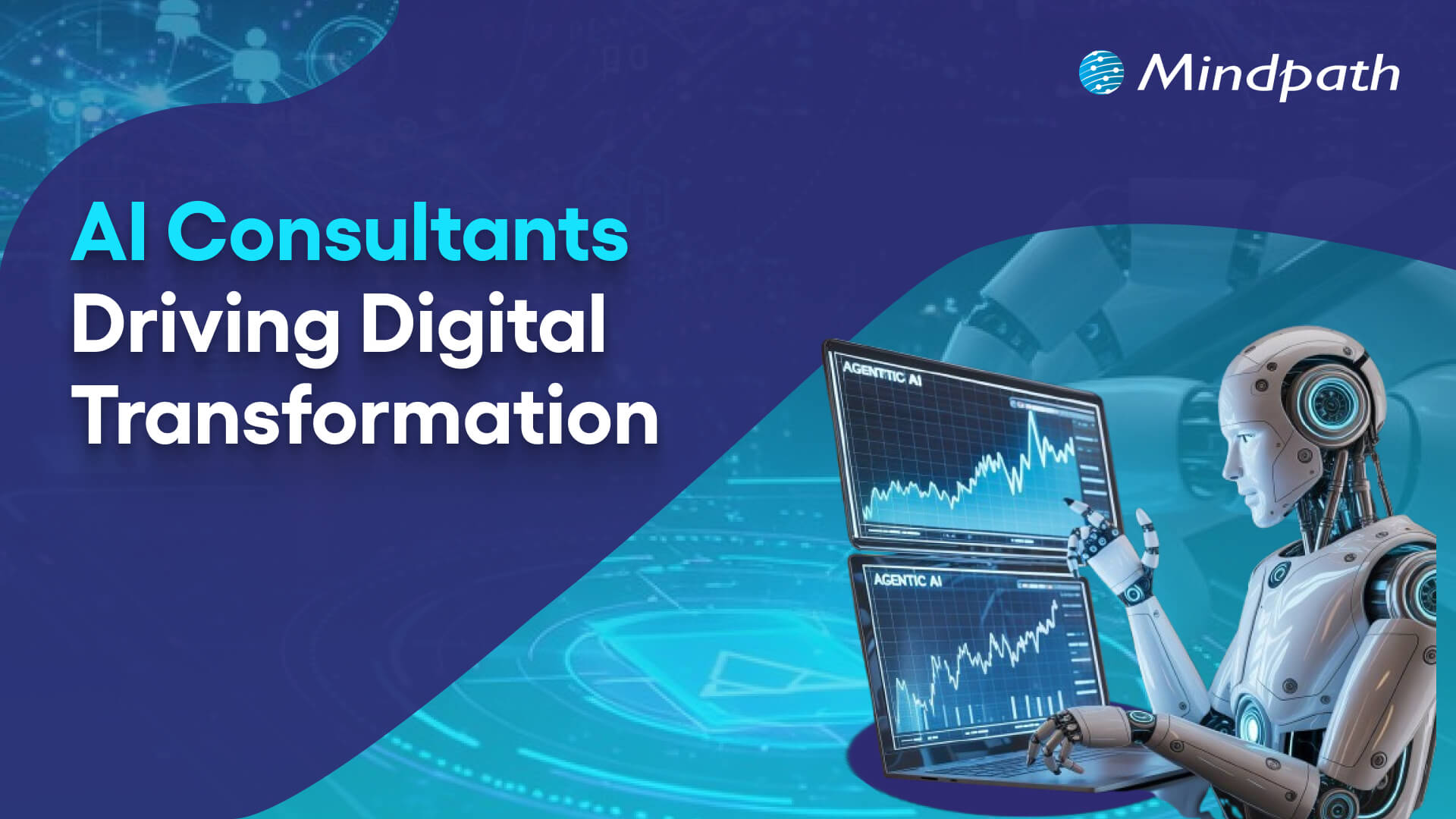Best Practices to Secure E-Commerce Website
1. Authentication
Establishing secure password guidelines is the first move in protecting your e-commerce website. Encourage users to choose complicated passwords that are difficult to guess. It also helps to remind people to update their passwords on a frequent basis. Adding two-factor authentication (2FA) is another wise decision, as it demands users to authenticate their identity with something they own, such as a phone, in addition to their password.
Use role-based access controls for administrative accounts and anybody who requires special access. This implies crucial elements of your site, such as client data or order information, can only be accessed by specific people depending on their roles. Limiting access reduces the likelihood of unauthorized alterations or leakage.
2. Awareness
Regular employee training is essential for keeping your e-commerce site secure, since many cyber dangers take advantage of human errors. A well-designed training program should include subjects such as identifying phishing emails, generating strong passwords, managing sensitive data, and reporting suspicious behavior. It’s also beneficial to keep personnel informed about the newest security trends and concerns so they know what to look out for.
Consider doing simulations, such as mock phishing exams, to allow staff to practice recognizing fraud in a safe setting. Encourage a security-conscious culture in which workers are comfortable reporting possible risks. The more aware your staff is about cybersecurity, the more prepared they will be to safeguard the company and customer information from attacks.
3. Security Audits
Regular security audits are essential for securing your e-commerce website. Routine external security evaluations and penetration tests can reveal hidden vulnerabilities before they cause issues. These tests simulate real-world cyber-attacks to highlight any flaws and identify areas for improvement in your security procedures.
In addition to these planned audits, continual monitoring is crucial. With 24/7 monitoring, your system can notice odd activity, such as numerous logins attempts or access from unexpected devices, which can indicate an issue with security. This real-time tracking enables you to immediately respond to threats and remain ahead of cyber concerns. Combining these proactive and continuous security methods can dramatically lower the likelihood of an attack on your website and your customer’s data.
4. Payment Gateways
Using reliable third-party payment gateways is one of the most effective ways to ensure secure transactions on your e-commerce website. These gateways are built with robust security features to secure crucial payment information, such as credit card numbers, throughout each transaction. Processing payments using reputable suppliers reduces the danger of handling sensitive data yourself, which is more prone to breaches.
It’s also important to avoid keeping sensitive payment information, such as credit card numbers, on your own servers. By placing this sensitive data in the hands of the payment processor, you reduce security risks and guarantee that both your company and your customers are better secured from potential data theft.
5. Regular Software Updates
Keeping all software up to date is crucial for ensuring the security of your e-commerce website. This includes your content management system (CMS), any plugins that improve your site’s functionality, and any third-party tools you utilize. Software updates frequently include crucial safety fixes that address vulnerabilities that hackers may exploit.
You can safeguard your website against known risks by checking for updates regularly and implementing them as soon as possible. Set up automatic updates whenever feasible to avoid missing key patches. Keeping up with software changes ensures that your website functions efficiently and securely, giving customers a safe purchasing experience.
6. HTTP
HTTPS is essential for safeguarding your e-commerce site. This entails installing an SSL/TLS certificate that encrypts sensitive data, such as payment information, while it passes between your server and your clients. Encryption prevents hackers from intercepting and accessing this data during transmission.
When selecting an SSL certificate, there are three options: Extended Validation (EV), Organization Validation (OV), and Domain Validation. Each category provides varying levels of validation and security. An EV SSL certificate is recommended for e-commerce sites as well as enterprises in the financial or banking industries. This kind gives the highest level of validation and demonstrates to clients that your website is trustworthy.
Avail Security Practices for Your E-Commerce at Mindpath
Wrapping Up!
In today’s digital age, protecting the security of your e-commerce website is not a choice; it is a requirement. You can create a strong defense against cyber-attacks by applying the best practices we’ve outlined, such as strong authentication, staff awareness training, frequent security audits, trusted payment gateways, up-to-date software, and the usage of HTTPS.
These safeguards not only protect your company from financial losses and legal concerns, but they also develop confidence with your customers by assuring them that their personal information is secure when purchasing on your website. At Mindpath, we are dedicated to assisting you in establishing and maintaining these crucial safety procedures, so you can concentrate on expanding your organization. Together, we can develop a safe and efficient online buying experience for your customers.
Ready to secure your e-commerce website?
Partner with Mindpath today to learn how our expert security practices can protect your business and enhance customer trust!














